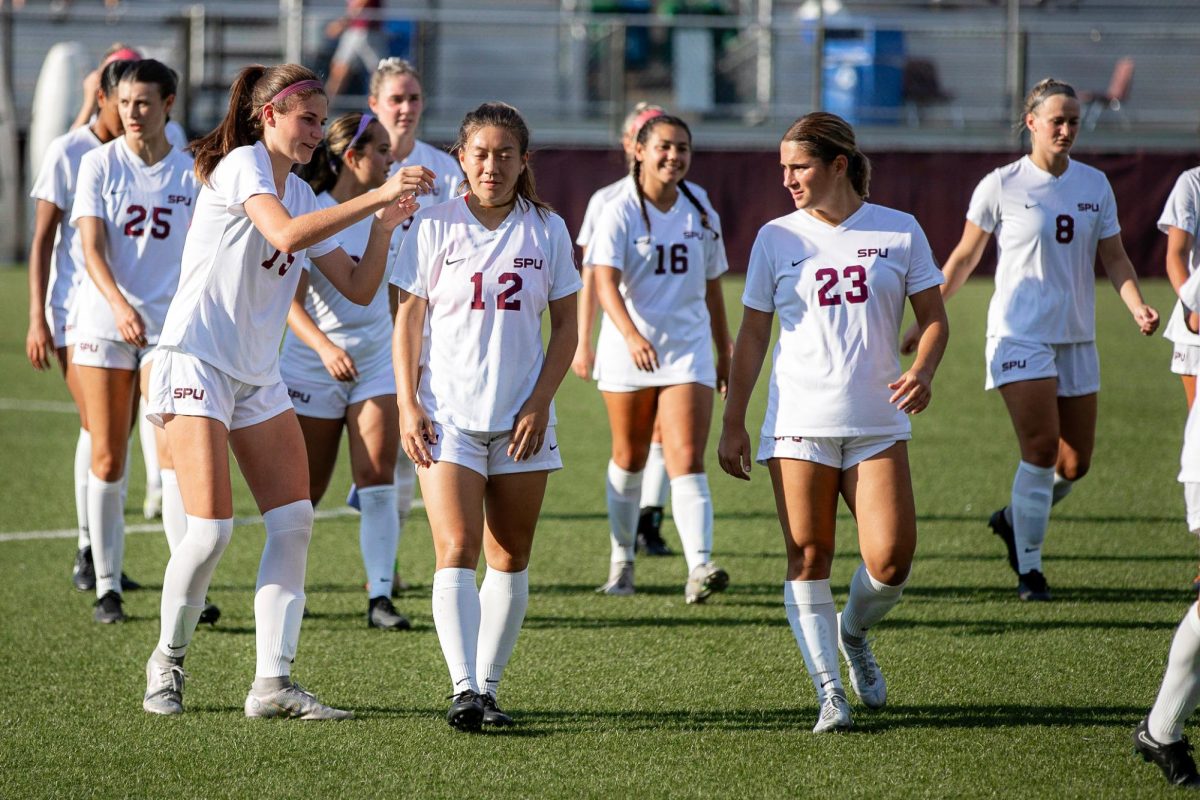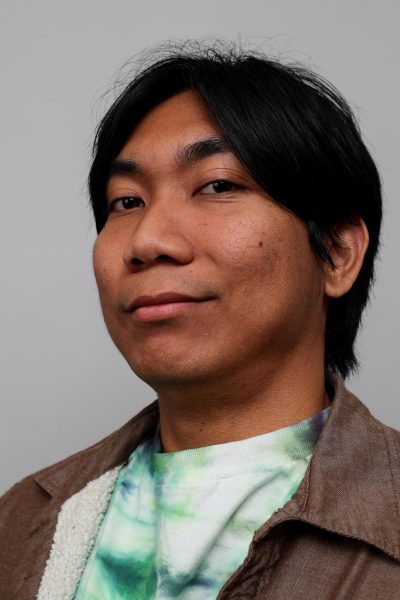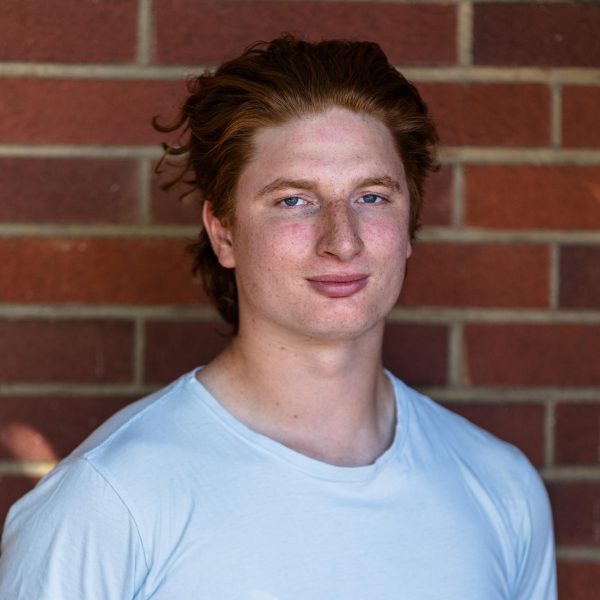College is a transition point in everyone’s lives. It is where they leave the nest and learn to become independent of their families and to make and deal with the consequences of their decisions. The most important thing during this time is having someone who can offer guidance or direction, a mentor.
The head coach of the Seattle Pacific women’s soccer team, Arby Busey, explained how he integrates mentorship into team organization and how it affects the relationships between its members.
“We create an environment that allows them to see what happens as they make their own decisions and gain confidence in making [them], whether those decisions have positive outcomes or the alternative, and handling situations with integrity,” Busey said. “One of the things we want to cultivate is the ability for younger players, as they come in, to be influenced by older players. We ask the older players be mentors for the younger ones, and [they] look forward to an opportunity to be ‘Big Sisters.’”
Busey clarified that people mentor in different ways. Each player has a unique strength they can utilize to lead and care for each other.
“As they grow into junior and senior year, they have a better idea of who they are as a young woman. It’s [about] leading in the way you think is best and trying to find a younger player who has similar ideas, goals or just personalities that mesh well,” Busey said. “We want to cultivate that uniqueness in each of the women who are here and encourage them to lead in their own way.”
Busey’s encouragement of his veteran players to guide the newer ones pays off well. Freshman engineering major and midfielder Andie Buckley shared how she hopes to take after her “big sisters” on the team.
“I have got my teammates [as mentors and] really good leaders on and off the field,” Buckley said. “Seeing how dedicated [they] are to soccer but also being able to help everyone around [them] while still trying to progress as soccer players was inspiring and made me want to be better on and off the field.”
Sophomore Grace Leasure, a nursing major and wing on the women’s basketball team, believes that being a great mentor takes leading by example and keeping an open mind. She said the most important aspect is a mentor having conversations with their protege or mentee, not just telling them what to do.
“I could very much see this for myself, and I feel like I do that already quite often in my life,” Leasure said. “I have a younger sister who I am very close with, and I try my best to set a great example for her in life. I try to give her life, school and sports advice as much as possible. I went through all the things she is going through first, so she may go through them easier.”
No mentor begins as one, however. Every teacher was once a student. The mentor whose example Busey continues to follow is former men’s soccer coach for the University of Washington, Dave Chesler.
“Dave Chesler was a men’s coach that I got a chance to work with, and he was somebody that I had a ton of respect for,” Busey said. “His ability to organize a practice and create something that was very, very educational for the players in terms of where it started, where it went and the steps that the practice moved through was something that I took from him and something that we try to use here all the time as we design our practices.”
Mentors can be coworkers, teammates, family members or others. The only requirement is their willingness to help someone else improve alongside themselves. Leasure’s mentor is her father, who inspires her to be at her best in what she does every day.
“Having my dad as my mentor has really developed me into the person I am today. It allowed me to push myself to achieve the most that there was to achieve,” Leasure said. “I look to him for advice about mentality and work ethic and constantly attempt to mold my mentality to be like his. My dad was the first in his family to go to college. I want to be the first in my family to get a master’s degree.”
The greatest aspect of mentorship is its continuance. As a protege matures, they become more capable of teaching, leading and developing into role models for those who will follow them.
“You can keep improving yourself while making the people around you better [by] being a positive role model because you can offer someone direction,” Buckley said. “We have a lot of good mentors on our team right now, so by learning from them, I can be one eventually.”




















































































